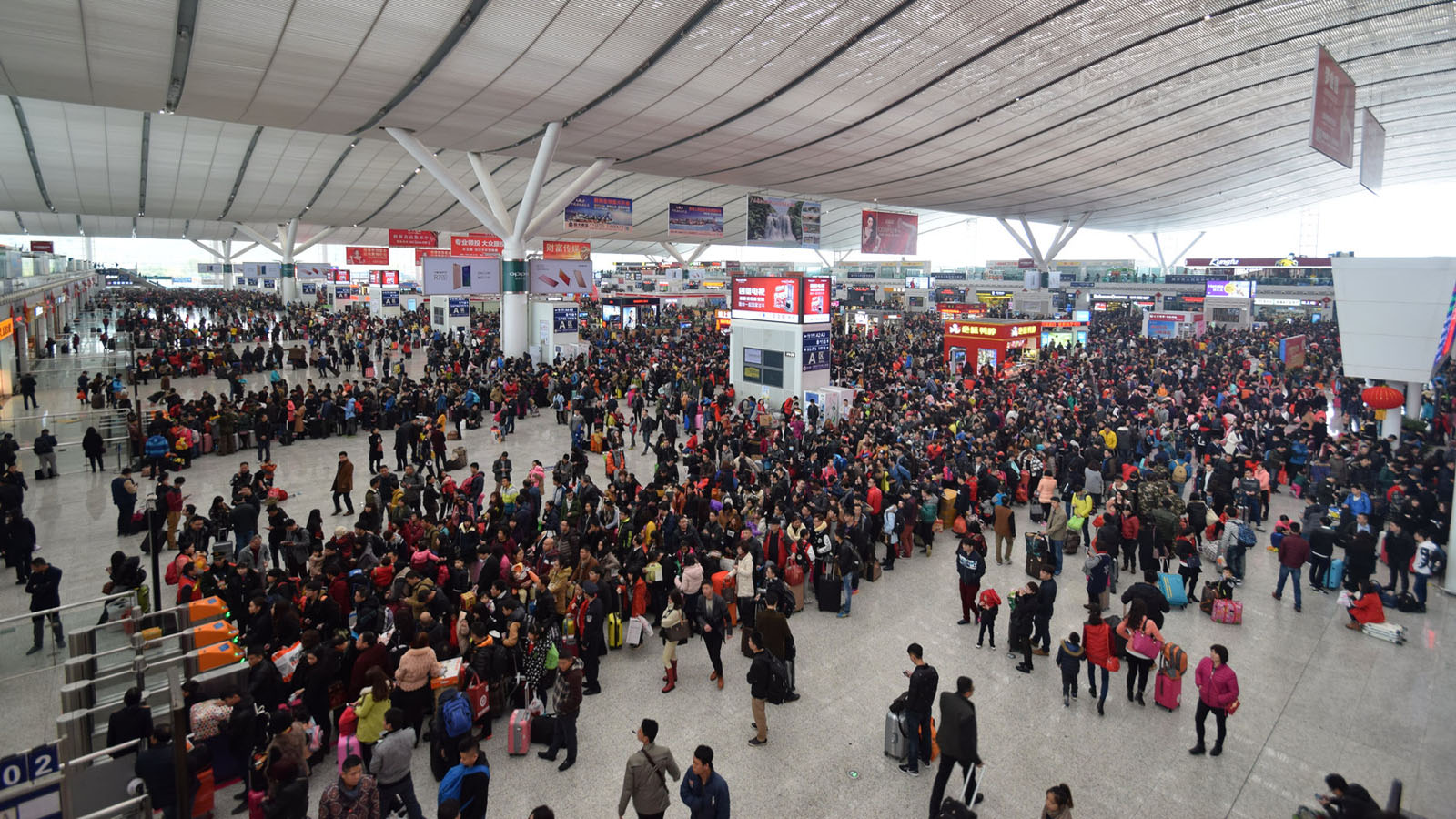The Spring Festival travel season is a phenomenon unique to the mainland. It usually occurs 15 days before and 25 days after the Chinese New Year. During this period, people from other places return to their hometowns, students are on vacation, and the increase in the flow of people out for tourism causes traffic. Crowded condition.
According to a comprehensive Lu Media report on the 24th, there has been a wave of returning home this year, more than three months before the New Year.
Due to the energy crisis, in late September, many parts of the mainland began to “turn off the power cut”, especially in the south, more than 20 cities have entered the “turn off power cut” mode. Some netizens reported that Yiwu, which was once a place where merchants gathered from all walks of life, is now shutting down operations, production, and work, giving people a feeling of “people go to empty buildings”.
In the northern industrial centers of Beijing, Tianjin, and Hebei, smelters, chemical industry, coal mining, construction and other industries have gathered to provide more jobs for migrant workers. This year, due to Xi Jinping’s stringent “dual energy consumption control” policy, in order to reduce carbon dioxide emissions, 26 cities in the north imposed “stop work orders” in early October, and these heavily polluting enterprises were forced to suspend operations.
Under the dual constraints of “power cuts” and “stop work orders”, many migrant workers have no work to do, no income, and high living costs in the city, thus embarking on the road to their hometown ahead of schedule.
According to the report, “for most migrant workers, they will basically not make much money when they enter the city in 2021.” “As the end of the year is approaching, all walks of life are sluggish, the demand for employment in society is declining, and the job is not good. “Look”, you can only return home in advance.
In fact, according to Sohu Finance and Economics, as early as July this year, migrant workers returned to their hometowns in coastal provinces such as Zhejiang, Guangdong, and Shandong. Most of these migrant workers were engaged in foreign trade processing, construction, and manufacturing.
Last year, due to the global spread of the Chinese Communist Party virus, the Chinese Communist Party imposed restrictions on the export of medical supplies. Many multinational companies began to realize the risk of relying too much on a single country for production, and began to consciously spread the risks. They moved their production lines originally concentrated in China out of the global trade pattern. Refactoring. Many countries have introduced subsidy policies to encourage these companies to move out of China.
According to a report by the Voice of America, it has become a trend for foreign companies to move out of China, and it will continue in the future.
Coupled with the continued impact of the Trump administration’s trade war, export orders have decreased. As a result, workers engaged in the foreign trade processing industry are largely unemployed.
Many real estate companies broke out financial crises this year, and the real estate crisis led to a wave of unemployment among construction workers. The construction industry is the most important thing for migrant workers to work in cities.
On the one hand, there is an increasing tide of unemployment, while on the other there is a labor shortage. No matter how high the wages are, migrant workers will not do it.
This mainly exists in some high-risk industries and technology industries. For example, working at heights is dangerous, the working environment is poor, and the income of migrant workers is low, which makes many people unwilling to work and difficult to employ.
One is serious wage arrears. The employer defaults on the wages of the peasant workers, or even fails to pay, causing the peasant workers to have no sense of trust in the employer, unwilling to work for free, and thus return to their hometown early.
A video circulated on the mainland recently showed that the completed project was destroyed because the workers were unable to receive wages after the completion of the project.
There was news a few days ago that recently it broke out in the mainland that workers were asking for daily wages. If they don’t pay today, they won’t do it tomorrow. It shows that there is no basic trust between the employer and the employee.
.
